#GasWar
Gas War: Biden Admin Decides Against Refilling Dwindling Oil Reserves, Citing High Prices
The Biden administration has decided against purchasing oil for the Strategic Petroleum Reserve after promising to refill the nation’s emergency energy supply after it reached a 40-year low. This news does not bode well as we head into the summer months when fuel prices tend to be higher.
America’s oil reserve is currently authorized to hold more than 720 million barrels of emergency crude oil that can be released under certain conditions. While the exacting thresholds are fairly vague, emergency drawdowns have occurred in the past due to oil supply disruptions stemming from trade embargoes, natural disasters, and warfare. The Biden administration argued that both the COVID-19 pandemic and Russo-Ukrainian War qualified.
Gas War: California Brings Stellantis to Heel
Stellantis has agreed to adhere to California emission policies, including requirements to make two-thirds of new cars to zero-emission or electric by 2030. This means the automaker — which oversees Dodge, Chrysler, Jeep, Ram, Fiat, Maserati, Alfa Romeo, and several brands that are not sold in the United States — will be required to cut emissions through the 2026 model year and adhere to California’s requirement to have a majority electrified fleet within the next several years. There are also provisions for the company to spend millions of dollars on charging stations and community outreach programs designed to encourage EV sales.
Gas War: U.S. House Suggests Ending California Emissions Authority, White House Says Nope
On Tuesday, the White House voiced its opposition to a Republican bill scheduled to be voted on by the U.S. House of Representatives that would prevent California from receiving federal waivers to set standards limiting the sale of gasoline-driven automobiles.
Gas War: Russian Oil Now Under New Embargo
With the Russo-Ukrainian War ongoing, sanctions against Russia have become increasingly common. Western nations are casting a wide net in the hopes that bankrupting Russian businesses will destabilize the country and nullify its ability to wage war. The newest financial offensive is here and it’s a big one. As of December 5th, the European Union and G7 countries have decided to cap Russian oil in the hope of reducing Moscow's export revenues.
Gas War: Europe Reaches Agreement On 2035 Combustion Ban
The Czech Republic, which currently holds the European Union presidency, has announced that negotiators from member states, the European Parliament, and the European Commission have finally come together to agree upon the often-mentioned combustion ban. By 2035, every automaker operating within the continent will be required to cut emissions by 100 percent – effectively mandating what type of vehicles can be sold there.
Gas War: Pro-EV California Declares State of Emergency, Ask Residents to Use Less Electricity
Just days after the California Air Resources Board (CARB) finalized its plan to ban internal combustion engines by 2035, Governor Gavin Newsom issued a state of emergency due to an overtaxed energy grid. Citizens are now being asked to ration their power usage while the government tries to figure out new protocols for dealing with the matter. This includes asking the owners of all-electric vehicles to hold off on charging them. However, people are starting to wonder what this ultimately means with respect to the proposed future where the state has effectively mandated all residents to drive EVs.
White House May Propose Gas Tax Holiday [Updated]
National fuel prices are currently averaging right around $5.00 per gallon in the United States. However, there are plenty of states with stations listing gasoline well above $6.00 per gallon with diesel being driven even higher. This has started to wreak havoc on the trucking industry, which is now seeing companies pausing shipments to renegotiate contracts, and infuriated consumers who remember a gallon of gas being $2.17 during the summer of 2020.
Earlier this year, Congress and the White House suggested suspending the federal fuel tax to alleviate the financial burden. But the notion was walked back, as prices were relatively low at the time (roughly $3.50 per gallon) and criticisms swelled that this simply exchanged one problem for another. Four months later and things are looking rather desperate, with the Biden administration revisiting the premise of pausing fuel tax to help soften the blow of record-breaking prices at the pump.
Gas War: Automakers Continue Begging Government for EV Incentives
On Monday, General Motors, Ford, Stellantis, and Toyota Motor North America reportedly asked the United States Congress to lift the existing cap on the $7,500 federal tax credit for electric vehicles. Though automakers petitioning the government for free money is hardly new business.
Gas War: Republican States Sue EPA Over Californian Standards
Last week, a group of Republican attorneys general decided to sue the Environmental Protection Agency (EPA) over its decision to reinstate the waiver allowing California to set its own limitations on exhaust gasses and zero-emission vehicle mandates that would exceed federal standards.
The agency approved the waiver after it had been eliminated as part of the Trump administration’s fuel rollback on the grounds that it would create a schism within the industry by forcing automakers to produce vehicles that catered to the Californian market at the expense of products that might be appreciated in other parts of the country. However, Joe Biden’s EPA sees things differently and has aligned itself with the California Air Resources Board (CARB) in giving the state more leeway to govern itself in regard to emissions policing.
How Much Are Updated CAFE Standards Actually Going to Save You?
With the United States Department of Transportation having formally announced upgraded Corporate Average Fuel Economy (CAFE) standards starting in 2024, the Biden administration was quick to point out that the decision would likely make automobiles even more expensive than they already are. However, the caveat to this was that it also assumed fuel prices would come down as improved efficiencies reduced North America’s hunger for fuel.
This effectively undoes fueling rollbacks instituted under the Trump administration on the grounds of reducing costs to consumers and cutting regulatory red tape for a prospective future where fuel prices are reduced without the need to spur oil production. But what does that actually mean in terms of dollars and cents?
Suspending Federal Fuel Tax Pitched By Senate, White House
President Joe Biden and Democratic lawmakers have suggested ending the federal gas tax until 2023 as a way to offset fuel prices that are nearing record levels and possibly appease some on-the-fence voters ahead of midterm elections. Senators Mark Kelly (D-AZ) and Maggie Hassan (D-NH) recently pitched the bill in Congress. While the White House has not made any official endorsements, it’s offered tacit support by saying it didn’t want to limit itself in terms of finding new ways of easing the financial burdens Americans are facing during a period of high inflation.
“Every tool is on the table to reduce prices,” White House assistant press secretary Emilie Simons said in regard to a possible gas tax holiday. “The president already announced an historic release of 50 million barrels from the Strategic Petroleum Reserve, and all options are on the table looking ahead.”
Gas War: GM Now Sucking Up to California to Maximize Fleet Sales
General Motors has issued a letter to California Governor Gavin Newsom promising that the automaker is now fully committed to complying with the state’s aggressive emission regulations. This follows an earlier announcement from GM advancing plans to eliminate tailpipe emission from all light-duty vehicles by 2035 via electrification. The company had also increased global spending to develop EVs to $35 billion (USD) through 2025, which is roughly a third more than it had previously been targeting.
Of course, don’t think this has anything to do with altruism or formal commitments to some grand cause. California was simply planning to bar any automakers that hadn’t previously vowed to adhere to its strict regulatory policies from selling to state government fleets. While GM has been in the process of changing its allegiance, the business originally sided with automakers approving of the Trump administration’s regulatory revisions that were at odds with the region.
U.S. EPA Readies Strictest Vehicle Emission Requirements Ever
We’ve got good news for people who want fewer choices in the type of cars they’ll be able to purchase in the future.
The U.S. Environmental Protection Agency (EPA) has finalized strict new vehicle emissions requirements through 2026 that would reverse the current standards set by the agency under former President Donald Trump. The Trump administration rolled back some of the long-term environmental policies implemented under the Obama administration. However, the Biden administration has said its biggest focus will be on addressing climate issues by dissolving those policies restoring the targets established when Barack Obama was still in the White House. The agency released some proposals in August outlining the general path it would be taking. But the details dropped by EPA Administrator Michael Regan on Monday vastly exceed those Obama metrics serving as a benchmark.
Gas War: California May Ban Gas-Powered Lawn Equipment
The California Air Resources Board (CARB) has decided that residential lawn equipment is a major problem. Claims have been made that the small engines found inside of the average leaf blower emit the same amount of smog-forming pollution in a single hour as a 2016 Toyota Camry could produce over a 1,100-mile drive.
Assertions like these have been used to forward Assembly Bill No. 1346, which requires the board to define and then pull the trigger on new regulations designed “to prohibit engine exhaust and evaporative emissions from new small off-road engines” by 2022. CARB then has to decide whether or not it can outright ban them, so they may be replaced by zero-emission equivalents after 2024. Considering how decent most electrified tools have grown to be, this doesn’t sound infeasible. But it’s another example of California’s obsessive hatred of consumers utilizing liquid fuel and bound to have major ramifications.
Gas War: Tesla Asks U.S. to Increase Fuel Economy Fines
Last month, the U.S. National Highway Traffic Safety Administration (NHTSA) proposed new rules that would increase fines for automakers who previously failed to adhere to fuel efficiency requirements. EV manufacturer Tesla has predictably endorsed the rules and has begun urging the federal government to put the plan in action as soon as possible.
While automakers have issued concerns that increasing penalties could cost them over $1 billion per year through regulatory fines and the purchasing of carbon credits, Tesla has been asking the Biden administration and a U.S. appeals court to expedite the process and make the proposals binding. Though that’s undoubtedly because the company sells its credits to the tune of at least $350 million annually and doesn’t build a single automobile that’s powered by gasoline.



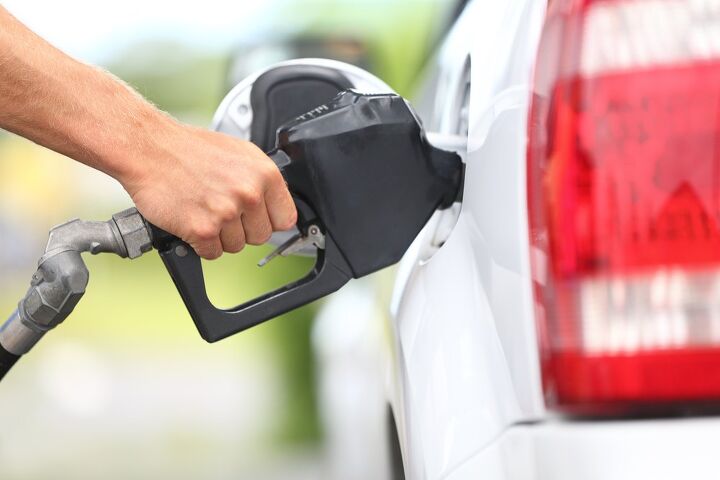
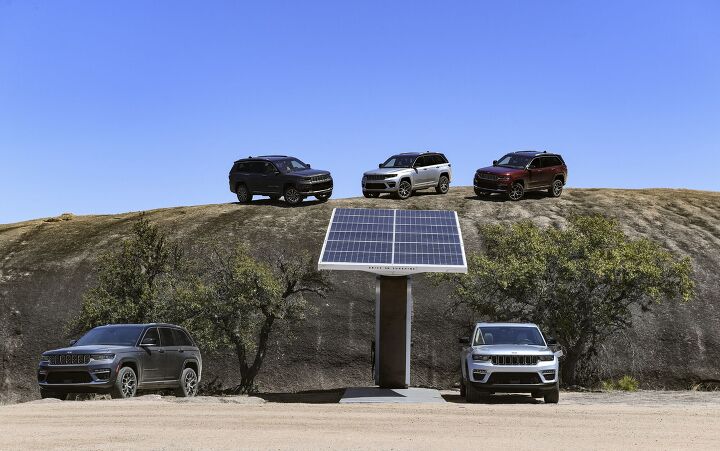
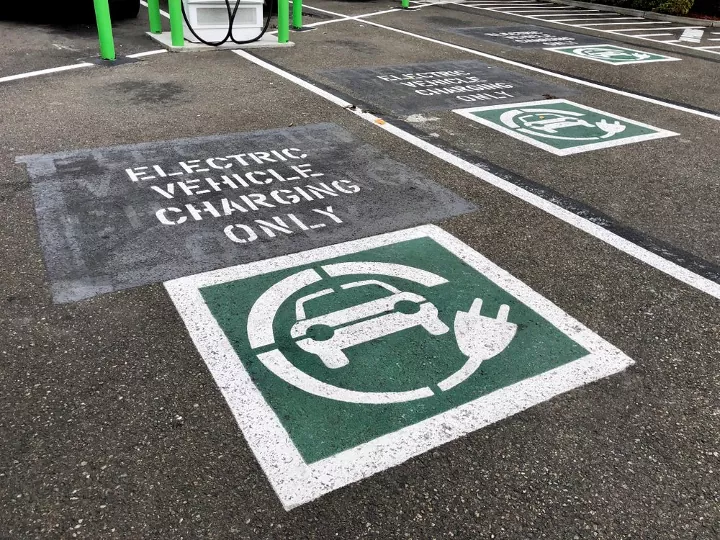
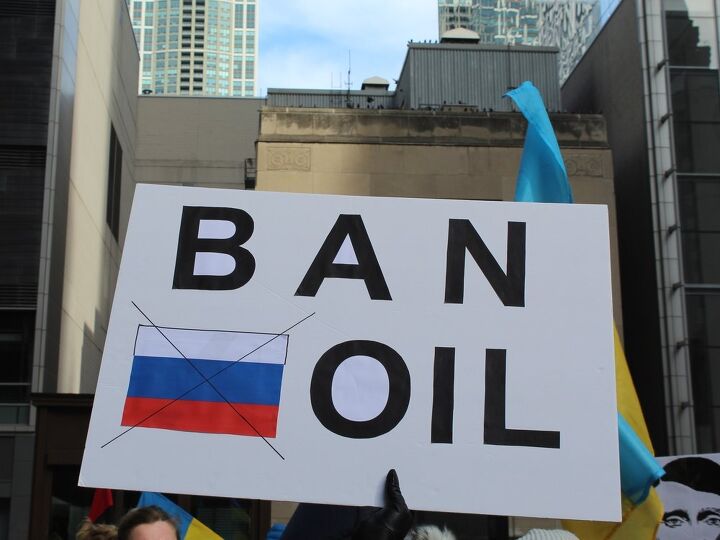
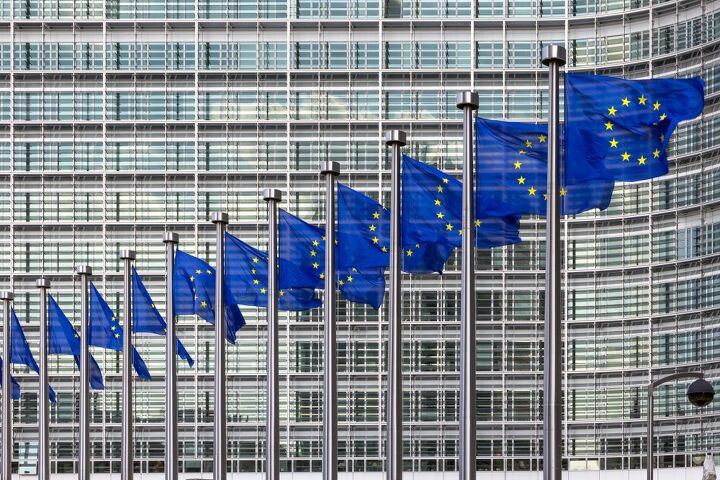

![White House May Propose Gas Tax Holiday [Updated]](https://cdn-fastly.thetruthaboutcars.com/media/2022/07/10/8870350/white-house-may-propose-gas-tax-holiday-updated.jpg?size=720x845&nocrop=1)


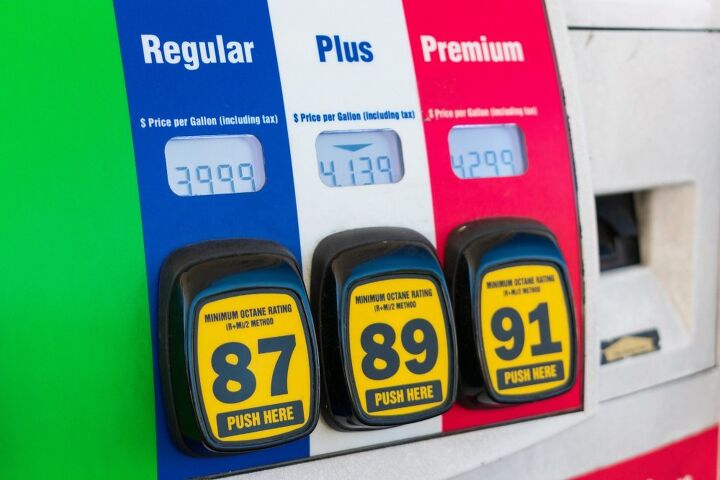
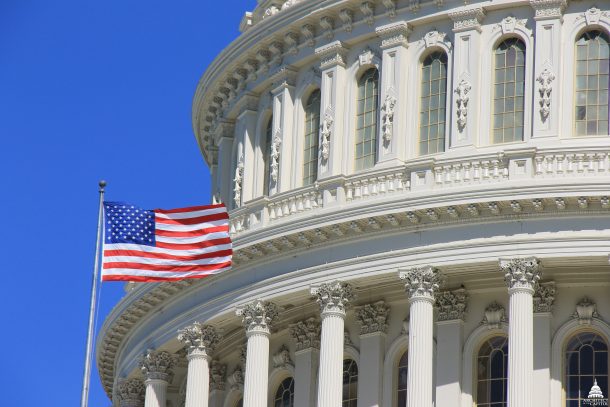
















Recent Comments